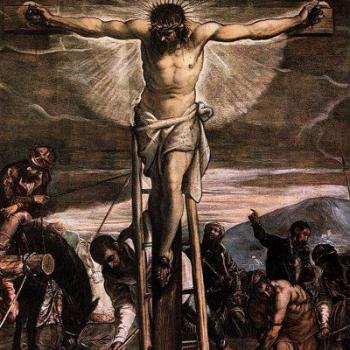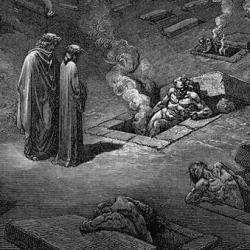Continuing our reflections on the Psalms, Pastor Peters at Pastoral Meanderings has a great post on praying the Psalms. He shows the centrality of the Psalms for Luther and then makes a superb application: “If you are having problems praying and know that you should be praying more, try the pattern of reading a Psalm each day, reflecting upon its words, and then praying that Psalm as your daily prayer.” From Pastor Peters, Pastoral Meanderings: Praying the Psalms. . .:
Long before the cannon shot of the Reformation sounded forth or Luther began to form the fighting words that would challenge popes, councils, and teaching magisteriums, Luther was busy learning Hebrew and teaching the Psalms. At the heart of the work of the early Luther were not the instructive texts of Paul with regard to the justification of the sinner before God but the Psalms. After receiving his doctorate in theology in 1512, Luther began his university career with lectures on the Bible based upon the Latin text of the Psalter. Hebrew had, apparently, not been part of Luther’s curriculum either undergrad or graduate so he taught himself the biblical tongue using Johannes Reuchlin’s On the Rudiments of Hebrew. Long before Erasmus published the first Greek New Testament, the Hebrew Bible had been in print for decades. Though Luther’s translation of the Tanakh from Hebrew into High German would wait until 1534 to be completed, he had already published Der Psalter Deutsch, his first edition of the complete psalter a decade before.
For Luther, the Psalms “are not words to read, but to live.” Luther’s prayer life as monk and priest were rooted in the Psalms. It was his hope and desire that every Christian would take to heart the Psalter as he had done — memorizing them, pondering their meaning, and praying them. “In short, if you would see the holy Christian church pictured in living color and form, as in a small portrait, pick up the Psalter,” so said Pastor Luther. More than four centuries later, Dietrich Bonhoeffer would comment: “When the Psalter is abandoned, a great treasure is lost to the Christian Church; with its recovery comes hidden power…”
As I have often said, the best prayerbook for most folks is probably not a breviary or other form of devotion (ancient or modern) but the Psalter. It is the richest fabric for forming piety, teaching our hearts to pray, and learning to trust with all our heart, soul, body, and mind the good and gracious will of God. Once does not need to develop an elaborate format. The Psalter is already well distributed throughout the Church Year in the Psalm of the Day and the Introits for each Sunday. There are abundant patterns to help you pray the Psalms once a day or more throughout the calendar year. It is my experience that this is the best way to begin a discipline of daily prayer — to read the Psalm, ponder its meaning, and then pray it back to the Lord. . . .
If you are having problems praying and know that you should be praying more, try the pattern of reading a Psalm each day, reflecting upon its words, and then praying that Psalm as your daily prayer.
[Keep reading. . .]
HT: Kyle Wright
















